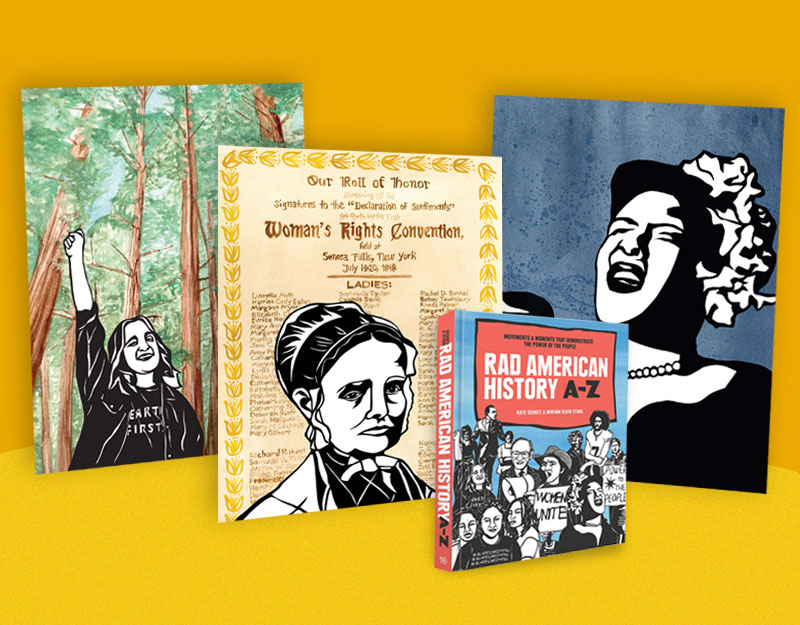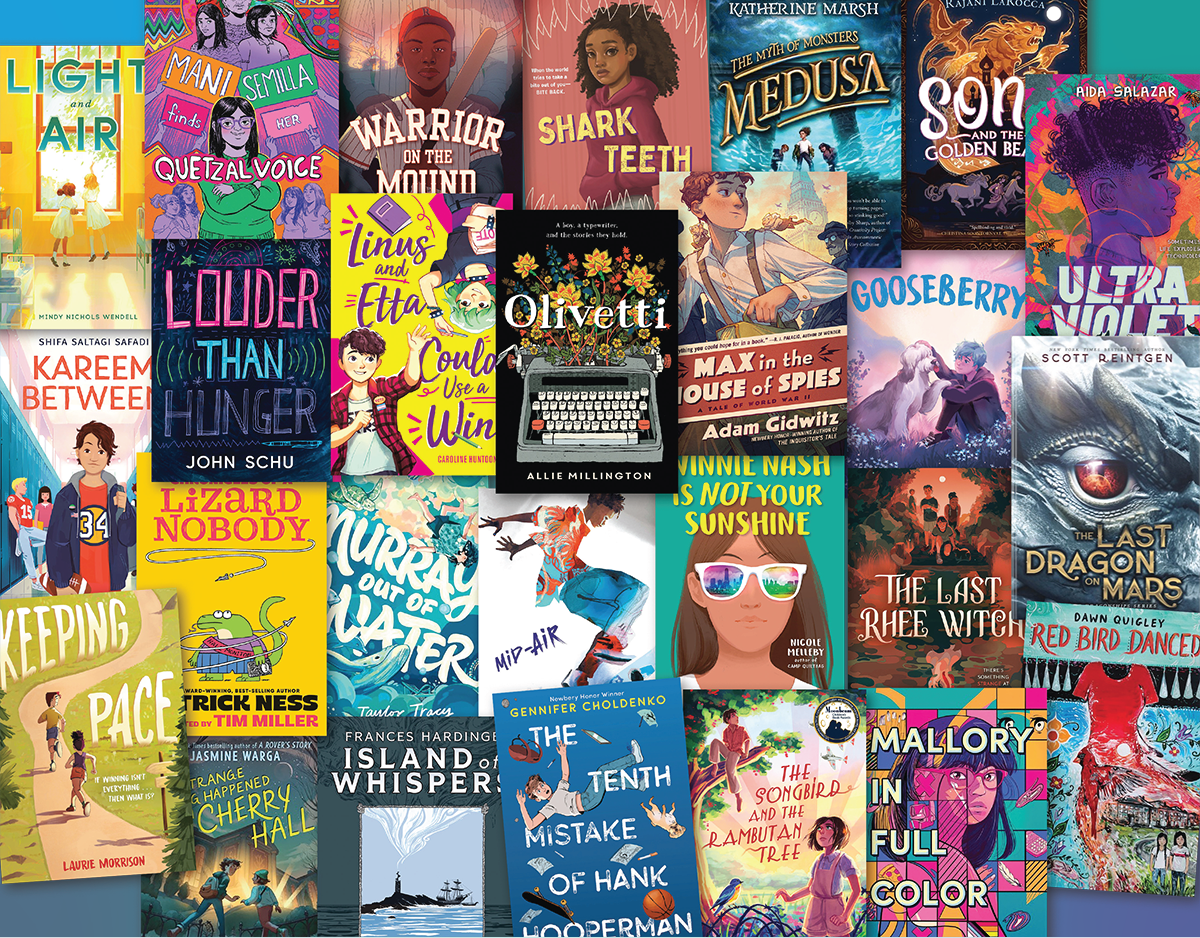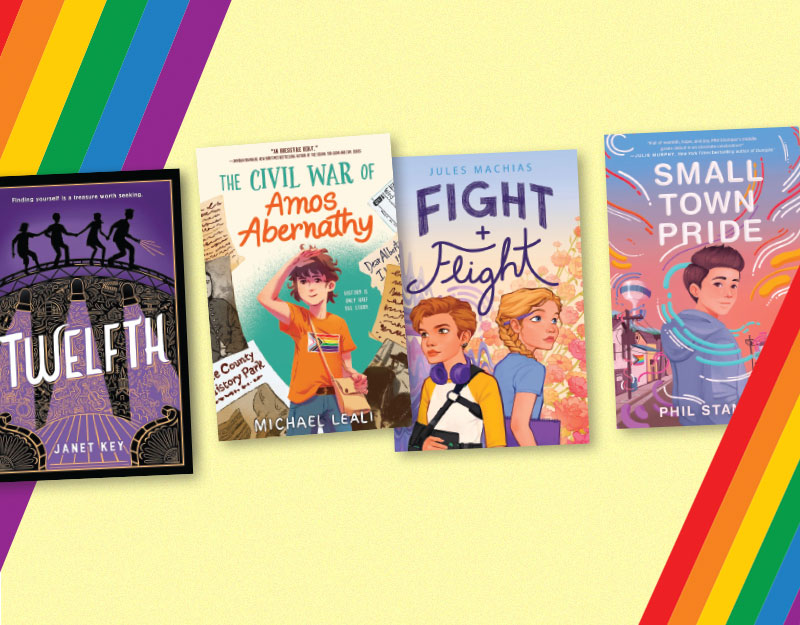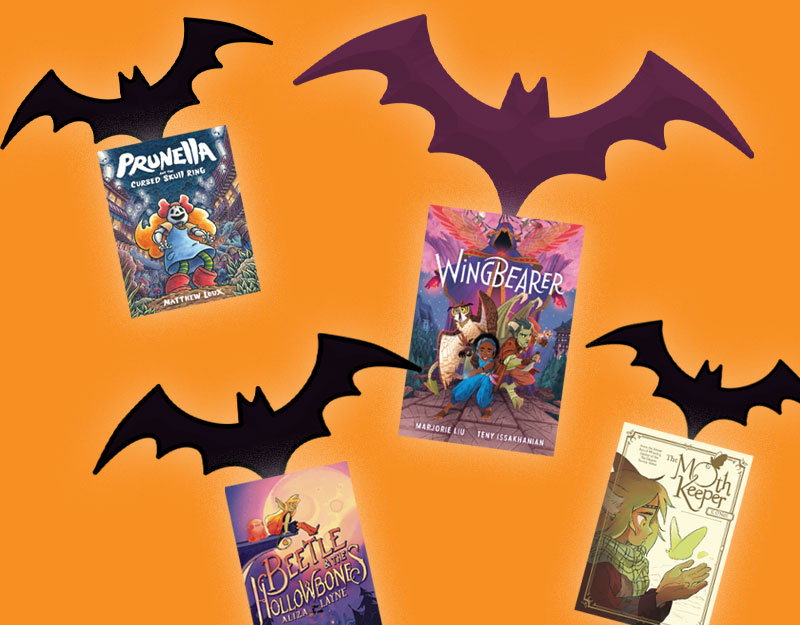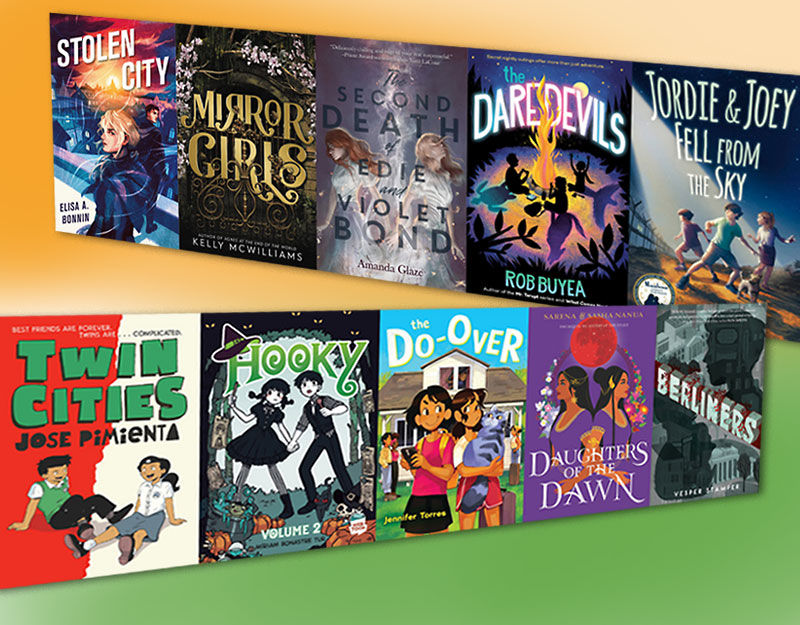#MHYALit: What You Want to Hear, a guest post by Shari Goldhagen
In 100 Days of Cake, Molly has a, um, confused relationship with her therapist. Her friends and family love her and would love to fix her, but they don’t really understand what she’s going through, so a lot of times—like when her mom decides to bake all the cakes—their efforts aren’t particularly helpful and then Molly ends up feeling even worse because then she’s feel guilty for wasting everyone’s time. But Dr. Brooks understands depression and anxiety; he just gets Molly . . .
That would be great, except that Molly is so jazzed that someone finally likes her even when she’s not forcing her face into an unnatural smile, that she starts to notice how square and stately Dr. B’s jawline is and how he looks all nice and muscle-y under his polo shirts. . . . She wants to make sure he keeps on liking her no matter what. And because his interest is always piqued when she talks about her parents, she’ll gladly invent some memories of her dead dad if that keeps Dr. B looking at her intensely with those smoldering eyes.
ADVERTISEMENT
ADVERTISEMENT
I’ve never crushed on my therapist the way Molly does, but I have had that impulse to want to make my therapists like me. . . or find me horribly interesting and complicated in a good way. Maybe everyone in therapy feels this way, but I also wonder if it has to do with how and where I grew up.
Currently I live in Manhattan, where everyone is in therapy or looking for a new therapist, and it’s not uncommon to ask even the most casual of acquaintances to recommend a good shrink. But I grew up in suburban Cincinnati and analysis was NOT all the rage. In high school the only person I knew who had ever been to a psychologist was my boyfriend (his mom was a native New Yorker), and I found it exotic and vaguely disturbing—like his involvement in a popular youth group, it seemed a possible reason we might not ultimately be a great fit.
The summer I graduated from Northwestern, however, I found myself prone on the couch starring at the ceiling a good chunk of the day. Boyfriend had ended up being a pretty good fit (for a while) and we’d stayed together despite going to schools in separate states, he wanted us to move somewhere together, but those decisions seemed too big. A restaurant trade magazine offered me a job based on work I’d done in my college newspaper (the economy was that good then), but every morning I would say a silent prayer to someone that the elevator would get stuck before I got to the office. It wasn’t that the job was awful; it wasn’t. It wasn’t that in school I’d written a novel as my thesis and boatloads of stories I cared about deeply for the college paper; at the magazine I wrote about commercial ovens and new frozen appetizers. Boyfriend was the one who suggested I talk to someone; my job had health insurance, so I made an appointment with the first person in the Blue Cross/Blue Shield directory.
“I can’t really help you,” Therapist One said about a half hour into our session. “You’re just bored.”
Bored was doodling on a notebook during a micro econ lecture; crying in the closet each morning and crippling indecisiveness seemed an entirely different beast.
“You need to volunteer,” Therapist One said.
I didn’t do that. I made an appointment with therapist Two.
On the way to her sleek and shiny office, I got lost. By the time I showed up, I was flustered and sweaty and ten minutes late. She asked me to explain why I was seeking treatment, but stopped me few minutes in and told me I was a textbook case for severe anxiety
“You were able to make it through school?” she asked incredulously, as if I were a dog who had mastered three languages and figured out nuclear fusion.
“I had straight As,” I shot back. That wasn’t technically true. . .like at all. But I’d had an A – average and the reason I didn’t have straight A’s probably had a lot more do with watching Real World marathons with my roommates than crippling anxiety.
Therapist Two wanted to “try” me on a cocktail of anti-depressants and anxiety meds. Before she could write the scripts, however, I’d have to get a lot of blood work done at the lab next door. I wasn’t a fan of having blood work done; I wasn’t a fan of the way she’d decided that I was a puddle unfit for college. Maybe I just needed to volunteer? (For the record, I’m not against meds, and have benefitted them at other points in my life; I just wasn’t a fan of her deciding that five minutes after meeting me).
I threw away the lab form, and went down the Blue Cross/Blue Shield psychologist list.
Like some Woody Allan retelling of Goldilocks and the Three Bears, Therapist Three was just right! To her I wasn’t some bored privileged kid who needed to think beyond herself; Nor was I a basket case that needed an IV of pharmaceuticals to eat Cheerios. No, she got me. As I explained why I was seeking treatment she nodded. She asked follow up questions! She took copious notes!
“What you’re going through is called an Early Life Crisis,” she explained. “I’m writing a book on the subject.”
It had a name! Everything she said was like being clobbered off the head with one of those cartoon idea light bulbs. Struggling to define a new place after success in college. Unclear about how to proceed with existing relationships. Lack of direction.
She liked me! And I wanted her to keep liking me—not because I had romantic fantasies about her the way Molly does with Dr. Brooks—but because it felt nice to have someone take me seriously.
Most of the things I told her were true. But then I found myself starting to tweak things a teeny tiny bit into what I thought she wanted to hear. After I told her a story about a recent fight I’d had with a male friend, she nodded enthusiastically. “So he was kind of like a brother figure?” she asked.
Not unless your brother hit on you a lot. “Yeah,” I said, and then twisted a few stories to better fit that narrative.
“And your parents put a lot of pressure on you?” She asked.
Nope. “Definitely.” And then a few more invented childhood stories.
She was writing a book, and that was something I actually knew about (as opposed to commercial blenders), I’d spent college learning how to create compelling characters and plots that had a beginning, middle and end. It got to the point where I would whip up tales in advance based on what Therapist Three seemed most interested in during prior sessions—it was important to me that I help with her book.
After a few months, I maxed out my insurance plan’s allotted sessions. Frankly it was a relief. Therapist Three definitely helped me, but looking back I can’t help but wonder how much more effective she could have been if I’d stayed completely truthful with her.
The experience was definitely something I wanted to touch on in 100 Days of Cake. Therapy can be amazing, but it can also be hard to navigate, especially for a young adult who’s unfamiliar with the process.
Different practitioners are going to have different approaches, and it’s crucial to find one that you’re comfortable with. And when you do, it’s key that you not worry about that person judging you. Dr. B. is a very flawed therapist, but he’s right when he tells Molly that therapy only works if you’re honest with your doctor.
Meet Shari Goldhagen
ADVERTISEMENT
ADVERTISEMENT
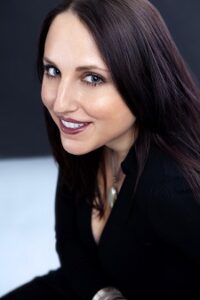 Shari Goldhagen is the author of the novels IN SOME OTHER WORLD, MAYBE (St. Martin’s Press, 2015) and FAMILY AND OTHER ACCIDENTS (Doubleday, 2006), and the YA novel 100 DAYS OF CAKE (Atheneum, 2016). A fellow at both Yaddo and MacDowell, Shari writes about pop culture, travel and relationships for publications including Salon, Cosmopolitan, Us Weekly, Life & Style Weekly, and DaySpa. She lives in NYC with her husband and daughter. Find her online at http://sharigoldhagen.com and @sharigoldhagen.
Shari Goldhagen is the author of the novels IN SOME OTHER WORLD, MAYBE (St. Martin’s Press, 2015) and FAMILY AND OTHER ACCIDENTS (Doubleday, 2006), and the YA novel 100 DAYS OF CAKE (Atheneum, 2016). A fellow at both Yaddo and MacDowell, Shari writes about pop culture, travel and relationships for publications including Salon, Cosmopolitan, Us Weekly, Life & Style Weekly, and DaySpa. She lives in NYC with her husband and daughter. Find her online at http://sharigoldhagen.com and @sharigoldhagen.
About 100 Days of Cake
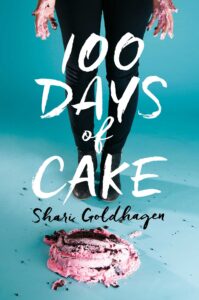 Get well soon isn’t going to cut it in this quirky and poignant debut novel about a girl, her depression, an aggressive amount of baked goods, and the struggle to simply stay afloat in an unpredictable, bittersweet life.
Get well soon isn’t going to cut it in this quirky and poignant debut novel about a girl, her depression, an aggressive amount of baked goods, and the struggle to simply stay afloat in an unpredictable, bittersweet life.
Every other senior at Cove High School might be mapping out every facet of their future, but Molly Bryne just wants to spend the rest of the summer (maybe the rest of her life) watchingGolden Girls reruns and hanging out with her cute coworker at FishTopia. Some days, they are the only things that get her out of bed. You see, for the past year, Molly’s been struggling with depression, above and beyond industry-standard teen angst. Crushing on her therapist isn’t helping, and neither is her mom, who is convinced that baking the perfect cake will cure her—as if icing alone can magically make her rejoin the swim team or care about the SATs.
Ummm, no, not going to happen.
But when Molly finds out FishTopia is turning into a lame country diner, her already crummy life starts to fall even more out of her control, and soon she has to figure out what— if anything—is worth fighting for. 100 Days of Cake is a quirky and poignant story of a girl, her depression, an aggressive amount of baked goods, and the struggle to simply stay afloat in an unpredictable, bittersweet world.
ISBN-13: 9781481448567
Publisher: Atheneum Books for Young Readers
Publication date: 05/17/2016
Filed under: #MHYALit
About Amanda MacGregor
Amanda MacGregor works in an elementary library, loves dogs, and can be found on Twitter @CiteSomething.
ADVERTISEMENT
ADVERTISEMENT
SLJ Blog Network
One Star Review, Guess Who? (#211)
Cover Reveal and Q&A: Dusti Bowling’s Latest – The Beat I Drum (Apr 2025)
Kevin McCloskey on ‘Lefty’ | Review and Drawn Response
Notable NON-Newbery Winners: Waiting for Gold?
The Seven Bills That Will Safeguard the Future of School Librarianship
Gayle Forman Visits The Yarn!
ADVERTISEMENT




